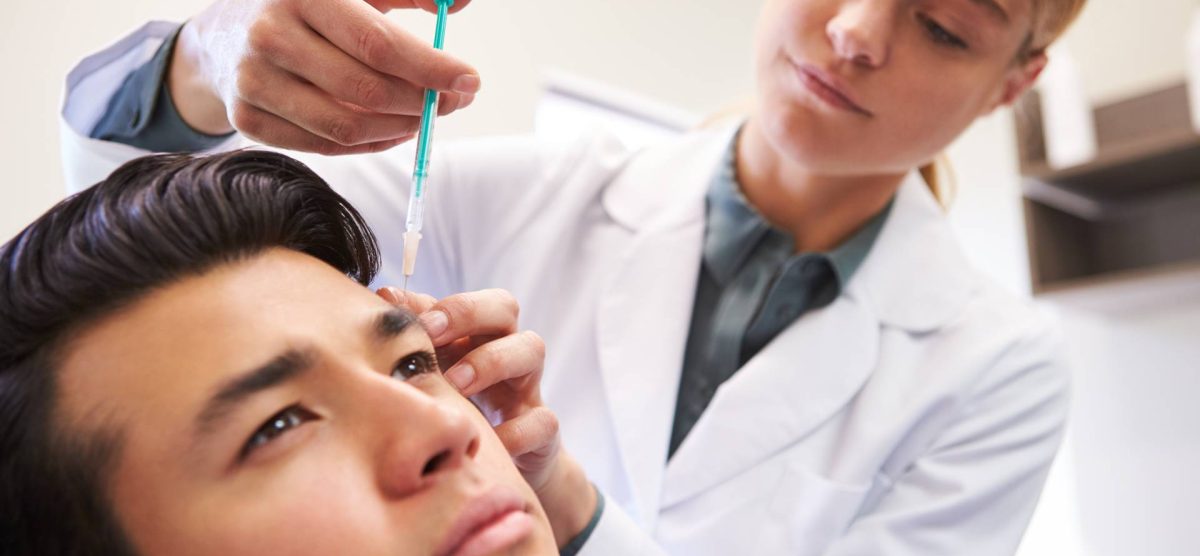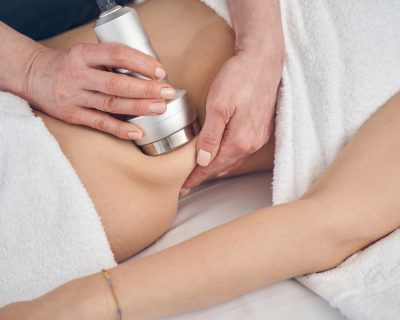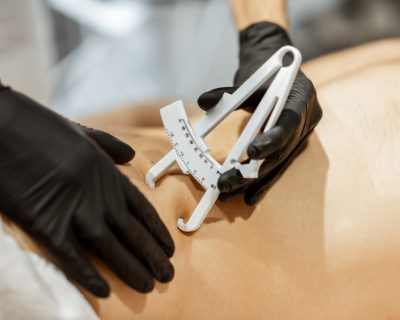Blog

Breaking Down Botox Dependency: What Science Tells Us
Many people are pleased with the results of botox, as it can immediately and effectively reduce the appearance of wrinkles and lines and provide a more youthful appearance. The desire to maintain a certain appearance and positive reinforcement in results may lead individuals to want to undergo regular botox treatments. The regularity and maintenance may be the reason why some people may form a misconception that botox is addictive. However, unlike substances that can lead to physical dependence and withdrawal symptoms, botox does not have the same mechanisms of action in the brain that would lead to addiction.
1. Lack of Chemical Dependency
Botox injections work by blocking nerve signals to the muscles, which prevents them from contracting and causing wrinkles. This temporary muscle paralysis smoothens the skin, giving a more youthful appearance. While it is most commonly known for its cosmetic use in reducing the appearance of wrinkles and fine lines, botox is also used to treat medical conditions, such as muscle spasms, migraines, and excessive sweating.
Addiction to substances usually involves chemical changes in the brain that lead to physical dependence. Botox does not involve chemical changes to the brain in the same way as addictive substances like drugs or alcohol. It does not directly affect neurotransmitter activity or produce a high or euphoric feeling. Instead, it acts locally at the site of injection to block nerve signals to the muscles. An individual’s regular use of botox for cosmetic or medical reasons is not a direct result of chemical changes in the brain that lead to addiction.
2. Absence of Withdrawal Symptoms
People who are addicted to substances often experience withdrawal symptoms when they try to stop using the substance. Botox itself does not typically produce withdrawal symptoms when its effects wear off. The effects of botox injections are temporary and gradually wear off over time as the body metabolizes the toxin and muscle activity returns to normal. With botox, any changes experienced as its effects wear off are usually related to the return of muscle activity and the gradual reappearance of wrinkles or other cosmetic concerns, rather than withdrawal symptoms in the traditional sense.
3. Lack of Compulsive Behavior
Addiction typically involves compulsive drug-seeking behavior despite negative consequences. Botox users do not exhibit the same compulsive behavior associated with addiction. Botox’s effects are temporary and typically last several months. As the effects wear off, individuals may feel the desire to maintain their improved appearance. Botox itself does not directly induce compulsive behavior in the same way addictive substances do. Botox offers a way to address the appearance of wrinkles and body image concerns related to aging, which may lead individuals to seek out treatments from qualified professionals to maintain their youthful appearance after its effects wear off.
4. Medical Use
Botox is approved by regulatory agencies for various medical purposes, such as treating muscle spasms, migraines, and excessive sweating. Individuals with chronic migraines may experience a reduction in the frequency and severity of headaches after receiving botox injections. Similarly, those with muscle spasms or excessive sweating may find relief and improved quality of life with botox treatment. When used for medical purposes under the guidance of a medical professional, botox can be a valuable treatment option for improving symptoms and enhancing quality of life for individuals with various medical conditions. Dependency on botox for medical reasons is not considered addiction but rather a therapeutic necessity.
Knowing that the effects of botox are temporary is crucial in managing expectations and making informed decisions about its usage. Regularly receiving botox treatments to maintain a desired appearance or for medical use is not the same as genuine substance addiction. The concept of botox dependency lacks many of the defining characteristics of substance addiction, which involves a complex interplay of biological, psychological, and social factors leading to compulsive behavior.
Botox injections should only be administered by qualified and licensed professionals. Before undergoing treatment, it is essential for individuals to consult with a qualified and experienced professional who can assess whether botox is an appropriate treatment based on specific concerns and medical history. A qualified practitioner can develop a customized treatment plan tailored to an individual’s specific needs and desired outcome, ensuring natural-looking results. Finally, botox injections require precise technique to achieve optimal results. A qualified practitioner has the necessary training and experience to perform injections safely and effectively and can monitor progress and provide ongoing support throughout an individual’s treatment journey.






